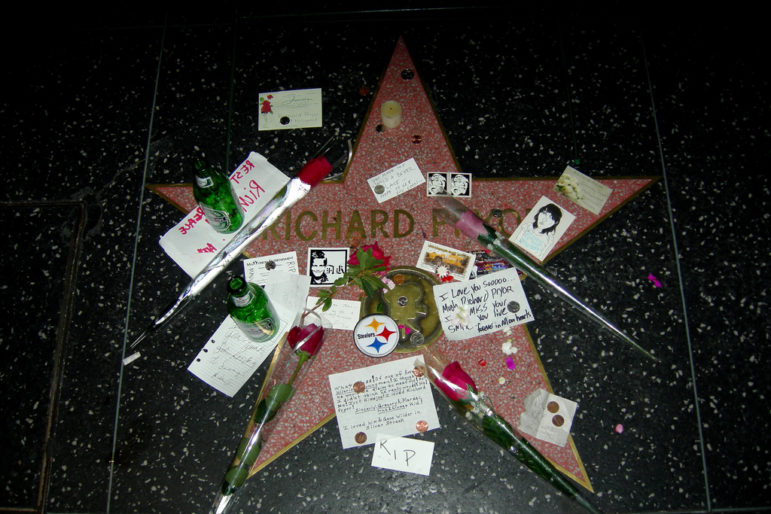
June 7, 2016, Peoria Journal Star
For the George Washington Carver Community Center in Peoria, Illinois, with a budget so small it does not appear in GuideStar, the unexpected gift of $19,000 that made the news was “like a breath of fresh air and new life.”
The “found money” had languished in the state’s I-Cash program, where $2.1 billion in unclaimed assets still wait to be identified by and returned to Illinois residents. Every state by law maintains a version of I-Cash. The gift was the residual amount intended for Carver inexplicably held by the bank that subsequently closed.
“It is just miraculous,” said the charity’s board president. The funds will support summer programs at the center, which in recent years has struggled financially against closing.
The money was to be included in the $100,000 grant awarded to Carver in 1991 by the Pryor Foundation. Richard Pryor (1940-2005) grew up in Peoria, and his first public performance was on the Carver stage. Pryor is still ranked number one in “Comedy Central’s 100 Greatest Stand-Ups of all Time.”
Sign up for our free newsletters
Subscribe to NPQ's newsletters to have our top stories delivered directly to your inbox.
By signing up, you agree to our privacy policy and terms of use, and to receive messages from NPQ and our partners.
Jim Carrey praised Pryor with these words that might just as well be applied to small nonprofits like Carver in Peoria:
Some people are born wearing an iron shoe. They’re the ones who kick doors down and enter the places that before them have been untouched even by light. Theirs is always a mission filled with loneliness and broken bones. Richard Pryor is one of the bravest of them.
Before the advent of “strategic philanthropy,” the founders of Carver in Peoria chose to meet the needs of their community modestly. Likely assailed by doubt, Carver’s leaders then and now press forward with their mission. If they heeded philanthropy’s canon of how-to books and the wisest conclusions of academics and consultants, they would not allow for gaps in planning that serve as windows through which the dawn of unanticipated outcomes such as Pryor come in.
Carver’s namesake, American botanist and inventor George Washington Carver, born into slavery, dubbed the “Black Leonardo” by Time magazine, is aptly described by this epitaph on his gravestone: “He could have added fortune to fame, but caring for neither, he found happiness and honor in being helpful to the world.”
Likewise, small nonprofits renounce attitudes and dreams wherein those with great financial wherewithal and ambition strive to change the world through “big bet” initiatives. Out of quiet convulsions and inward stirrings of hope, these small nonprofits, sometimes taken together through intentionally shared purpose, delight, inform, and occasionally do in fact change the world.—James Schaffer












